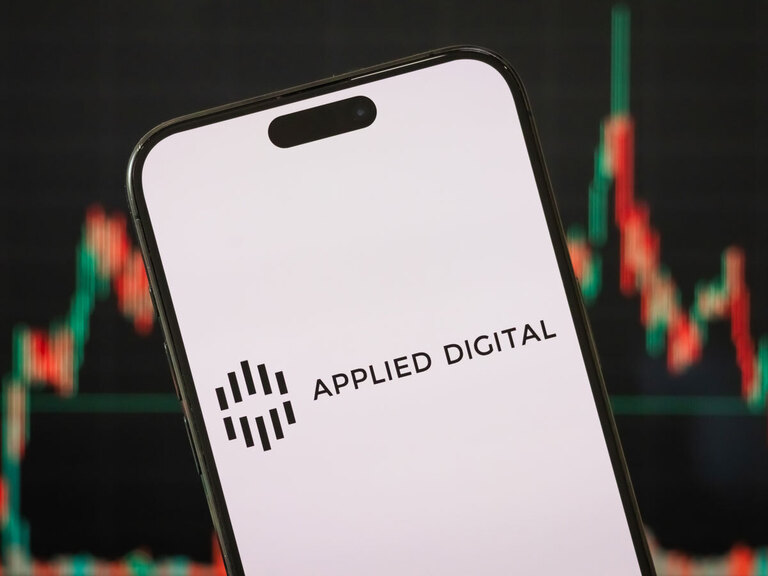In this article, Perth Tolle, founder of Life + Liberty Indexes, discusses why freedom is one of the most important factors when considering ESG investments, particularly in emerging markets.
A few years ago, before launching our freedom-weighted emerging markets strategy, I was in a coffee shop where I overheard a group of students talking at the next table. They were anxious about an upcoming presentation before a panel of experts and felt out of place and underqualified. I could relate.
In the end, they decided to present a dissenting view on the subject at hand, even though the experts might disagree. I told them I was impressed by their courage and added that there is value in new and different perspectives. Before they left, one of them handed me a piece of paper. On it was a drawing with the words “you can’t make a difference if you’re not different”.
"You can't make a difference if you're not different"
I was reminded of that message recently when reading the investment brief for one of the largest emerging markets ESG funds in the US. According to the brief, the fund seeks to maximise its ESG score while “maintaining target tracking error of 100 basis points”.
In plain English, this fund markets itself as being committed to environmental, social, and governance (ESG) principles even as it pledges to be no more than 1% different than a fund that makes no such claims.
This practice, often described as benchmark hugging, is common among ESG strategies. But it’s especially jarring in emerging markets, where most benchmarks allocate more than 40% to countries with very poor human rights records. A benchmark hugging fund will mirror that allocation by design, something ESG investors would likely prefer to avoid.
In developed markets, where rights are better protected, ESG data tends to be reliable, transparent, and widely available. With freedom of speech and press, the data is accountable to the public and the media. That makes it easier to track, analyse, and compare ESG metrics.
But in emerging markets, rights are not guaranteed. Many emerging markets lack the basic freedoms we take for granted in the developed world. As a result, data provided by companies in relatively less free countries are less reliable and not subject to independent verification by the public or the media.
Countries that protect the freedom of their citizens provide the conditions necessary to support all other ESG factors. Freer countries tend to have better environmental protections, lower economic inequality, higher life expectancy, lower poverty rates, and higher gender equality.
It all starts with freedom. Without the foundation of freedom in place, conventional ESG factors become less relevant to investors seeking to align their portfolios to their values and less useful as a tool by which to measure the impact of their investments.
"Without the foundation of freedom in place, conventional ESG factors become less relevant to investors seeking to align their portfolios to their values"
Benchmark hugging prevents conventional emerging markets ESG strategies from fully delivering on their mission. Investors who don’t just want to “check the box” would benefit from more comprehensive measurement tools to give them a better idea of the impact their investments have on the issues they care about.
The students at the coffee shop had it right, you can’t make a difference if you’re not different.
A freedom-weighted solution reduces both ESG risks like human rights concerns and non-ESG risks like corruption and fraud that often deter investors from emerging markets. But with or without additional ESG metrics, it gives investors exposure to a freer country set that is very different from typical benchmarks.
This article was written by Perth Tolle, founder of Life + Liberty Indexes. For more on the Freedom 100 Emerging Markets Index, visit the site.
Disclaimer Past performance is not a reliable indicator of future results.
CMC Markets is an execution-only service provider. The material (whether or not it states any opinions) is for general information purposes only, and does not take into account your personal circumstances or objectives. Nothing in this material is (or should be considered to be) financial, investment or other advice on which reliance should be placed. No opinion given in the material constitutes a recommendation by CMC Markets or the author that any particular investment, security, transaction or investment strategy is suitable for any specific person.
The material has not been prepared in accordance with legal requirements designed to promote the independence of investment research. Although we are not specifically prevented from dealing before providing this material, we do not seek to take advantage of the material prior to its dissemination.
CMC Markets does not endorse or offer opinion on the trading strategies used by the author. Their trading strategies do not guarantee any return and CMC Markets shall not be held responsible for any loss that you may incur, either directly or indirectly, arising from any investment based on any information contained herein.
*Tax treatment depends on individual circumstances and can change or may differ in a jurisdiction other than the UK.
Continue reading for FREE
- Includes free newsletter updates, unsubscribe anytime. Privacy policy





